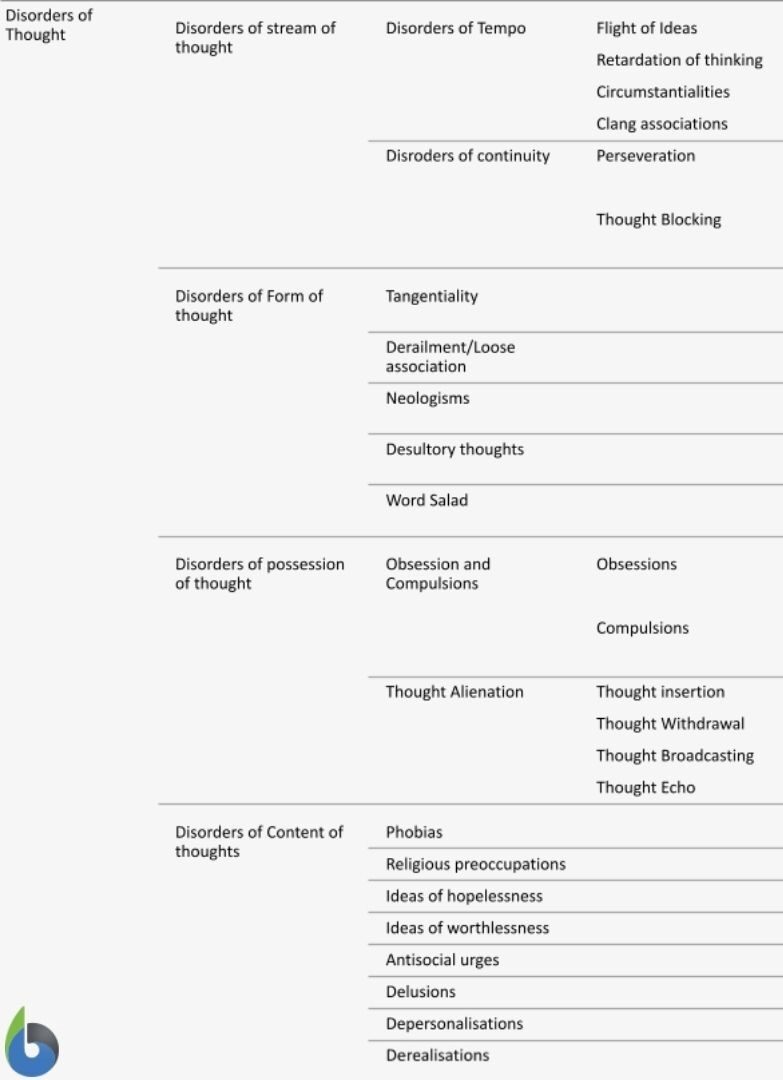Freedom Of Religion: Ensures Your Right
The concept of freedom of religion is a fundamental human right that has been a cornerstone of democratic societies for centuries. It is the notion that individuals have the right to believe, practice, and express their faith, or lack thereof, without fear of persecution, discrimination, or reprisal. This freedom is essential for promoting tolerance, understanding, and peaceful coexistence among people of different religious backgrounds.
One of the primary reasons why freedom of religion is crucial is that it allows individuals to practice their faith without interference from the state or other external authorities. This means that people can worship, pray, and engage in religious rituals and ceremonies without fear of being arrested, detained, or punished. For instance, in the United States, the First Amendment to the Constitution guarantees the free exercise of religion, which has enabled people of various faiths to practice their beliefs freely.
Moreover, freedom of religion promotes diversity and inclusivity, which are essential for building a harmonious and vibrant society. When people are allowed to practice their faith openly, it fosters an environment of mutual respect and understanding. This, in turn, helps to break down barriers and stereotypes, promoting social cohesion and cooperation. For example, in countries like India, where multiple religions coexist, the freedom to practice one’s faith has contributed to a rich cultural heritage and a strong sense of community.
However, despite its importance, freedom of religion is not universally respected. In many parts of the world, people face persecution, violence, and discrimination because of their religious beliefs. This can range from subtle forms of bias and prejudice to outright violence and genocide. For instance, the Rohingya Muslims in Myanmar have faced systematic persecution and violence, highlighting the need for greater protection and respect for religious minorities.
To address these challenges, it is essential to promote a culture of tolerance, acceptance, and understanding. This can be achieved through education, dialogue, and community engagement. By learning about different religions and their practices, people can develop empathy and appreciation for the diversity of human experience. Additionally, interfaith dialogue and cooperation can help to build bridges between different communities, promoting mutual respect and cooperation.
In recent years, there has been a growing recognition of the importance of freedom of religion in the digital age. With the rise of social media and online platforms, people can now express their religious beliefs and practices more freely than ever before. However, this has also created new challenges, such as the spread of hate speech and online harassment. To address these issues, it is essential to develop strategies that promote online safety and respect for religious diversity.
According to a report by the Pew Research Center, 83% of the world's population identifies with a religious group. This highlights the importance of promoting freedom of religion and protecting the rights of religious minorities.
In conclusion, freedom of religion is a fundamental human right that is essential for promoting tolerance, understanding, and peaceful coexistence. It allows individuals to practice their faith without fear of persecution, discrimination, or reprisal, and fosters an environment of mutual respect and understanding. While there are challenges to be addressed, promoting a culture of tolerance, acceptance, and understanding is crucial for protecting this right and ensuring that people of all faiths can live in harmony.
Key Principles of Freedom of Religion
- The right to believe, practice, and express one’s faith, or lack thereof, without fear of persecution, discrimination, or reprisal.
- The freedom to worship, pray, and engage in religious rituals and ceremonies without interference from the state or other external authorities.
- The protection of religious minorities and the promotion of tolerance, understanding, and peaceful coexistence among people of different religious backgrounds.
International Frameworks and Agreements
- The Universal Declaration of Human Rights (1948) - Article 18 states that everyone has the right to freedom of thought, conscience, and religion.
- The International Covenant on Civil and Political Rights (1966) - Article 18 protects the right to freedom of religion and belief.
- The European Convention on Human Rights (1950) - Article 9 guarantees the right to freedom of thought, conscience, and religion.
Promoting Freedom of Religion: A Step-by-Step Guide
- Learn about different religions and their practices to develop empathy and appreciation for the diversity of human experience.
- Engage in interfaith dialogue and cooperation to build bridges between different communities and promote mutual respect and cooperation.
- Support organizations and initiatives that promote freedom of religion and protect the rights of religious minorities.
- Speak out against persecution, violence, and discrimination against people because of their religious beliefs.
- Promote online safety and respect for religious diversity in the digital age.
What is the importance of freedom of religion in promoting social cohesion?
+Freedom of religion promotes social cohesion by allowing individuals to practice their faith openly, which fosters an environment of mutual respect and understanding. This, in turn, helps to break down barriers and stereotypes, promoting social cooperation and community engagement.
How can we promote freedom of religion in the digital age?
+Promoting freedom of religion in the digital age requires strategies that address online safety and respect for religious diversity. This can be achieved through education, dialogue, and community engagement, as well as the development of policies and regulations that protect people from online harassment and hate speech.
What are some examples of international frameworks and agreements that protect freedom of religion?
+Examples of international frameworks and agreements that protect freedom of religion include the Universal Declaration of Human Rights, the International Covenant on Civil and Political Rights, and the European Convention on Human Rights. These agreements establish the right to freedom of thought, conscience, and religion and provide a framework for promoting and protecting this right globally.


